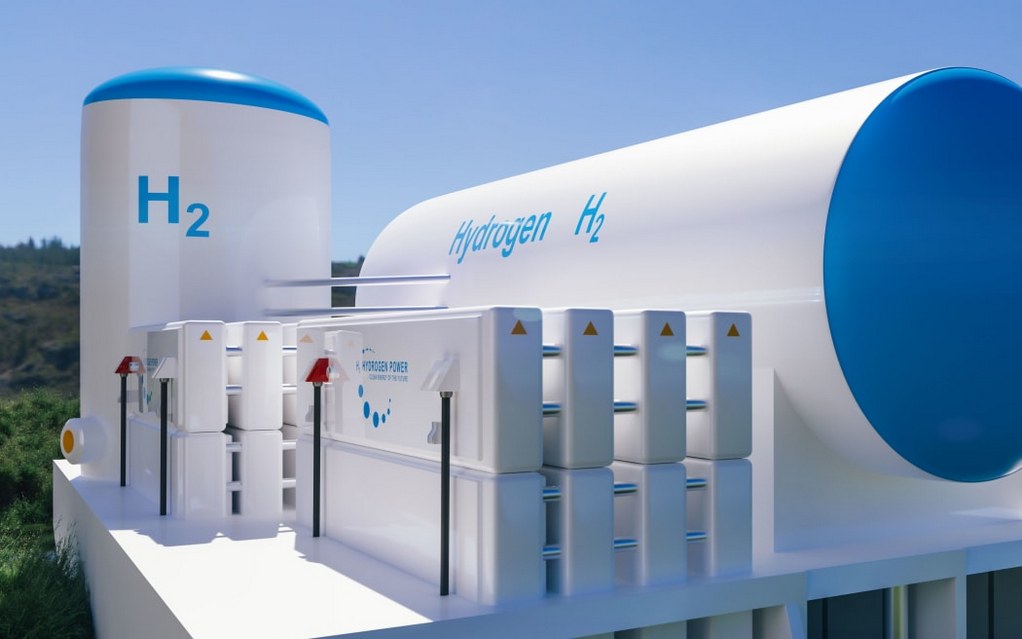North Carolina State University researchers have worked on a new technique for withdrawing hydrogen gas from liquid carriers. It is a quicker, and less costly and more energy efficient than previous approaches.
Hydrogen fuel does not result in CO2 emissions. And hydrogen refuelling stations could be located at existing gas stations, taking advantage of existing infrastructure. But transporting hydrogen gas is dangerous, so hydrogen needs to be transported via a liquid carrier. A key obstacle for this strategy is that extracting hydrogen from the liquid carrier at destination sites, such as fuelling stations, is energy intensive and expensive.
The new technique includes a continuous-flow reactor that resembles a thin, clear tube packed with sand. The sand consists of micron-scale grains of titanium oxide, many of which are coated with rhodium. The hydrogen-carrying liquid is pumped into one end of the tube. The rhodium-coated particles line the outer part of the tube, where sunlight can reach them. These particles are photoreactive catalysts that, in the presence of sunlight, react with the liquid carrier to release hydrogen molecules as a gas.
The researchers precisely engineered the system so that only the outer grains of titanium oxide are coated with rhodium, ensuring the system uses no more rhodium than is necessary.
In their prototype reactor, the researchers were able to achieve a 99% yield — meaning that 99% of the hydrogen molecules were released from the liquid carrier – in three hours.
The flow system can run continuously for up to 72 hours before its efficiency decreases. At this point, the catalyst can be “regenerated” without removing it from the reactor — it’s a simple cleaning process that takes about six hours. The system can then be restarted and run at full efficiency for another 72 hours.
NC State has filed a provisional patent for the technology.
Tags: CO2 Emissions, Gas Stations, Hydrogen, NCSU, Refuelling



Recent Posts
Sea cruise ships can now connect to shore power in Amsterdam
Corvus Energy partners with HD Hyundai Mipo for AiP on new green product tanker design.
KR and HD Hyundai Heavy Industries Team Up to Develop a Very Large Ethane Carrier
HD Hyundai Leads Maritime Decarbonization at Nor-Shipping 2025
World’s Largest Green Hydrogen Plant Reaches 80% Construction Completion Across All Sites
Wärtsilä to Power USA’s First All-Electric High-Speed Ferries in San Francisco Bay
ABS and Pusan National University Chart a Course for Liquid Hydrogen Shipping
RIC Energy and Siemens Partner to Advance Green Hydrogen and E-Fuels Projects in Spain